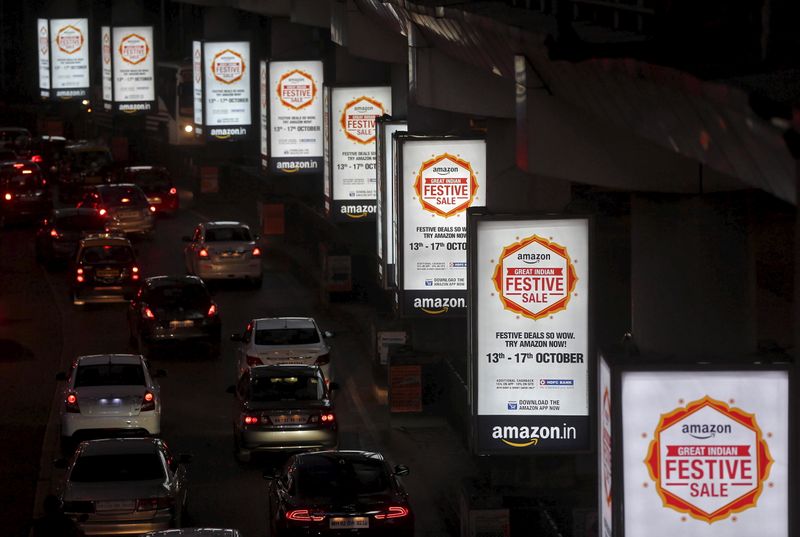SINGAPORE (Reuters) - Southeast Asia's internet economy is forecast to reach $1 trillion by 2030, as tens of millions more people take up online shopping and embrace food delivery, an industry report said on Thursday.
The report, by Alphabet (NASDAQ:GOOGL)'s Google, Singapore state investor Temasek Holdings and global business consultants Bain & Company, said the region had added 60 million new internet users since the start of the coronavirus pandemic, taking the total to 440 million.
The region of 11 countries is one of the world's fastest growing internet markets, due to a young population, rapid smartphone usage and urbanisation, and a burgeoning middle class.
The online industry for Southeast Asia is expected to grow from an estimated $174 billion in gross merchandise volume (GMV) by end-2021 to $360 billion by 2025, and $1 trillion by 2030, driven primarily by growth in e-commerce and food delivery, as consumers stuck at home turned to the internet.
The report, which covers Indonesia, Thailand, Vietnam, Singapore, Malaysia, and the Philippines, found that e-commerce GMV is expected to nearly double to $120 billion by the end of the year and reach $234 billion by 2025.
All countries covered experienced double-digit growth in 2021, with Indonesia alone, the region's most populous nation, contributing 40% of Southeast Asia's total GMV at $70 billion.

The Philippines saw 93% growth, becoming a $17 billion digital economy.
"GMV (for Southeast Asia) has increased 49% year-on-year, as seismic consumer and ecosystem shifts accelerated by COVID, continue to drive a massive digital adoption spurt," said Florian Hoppe, Bain's Asia-Pacific Head of Digital Practice.